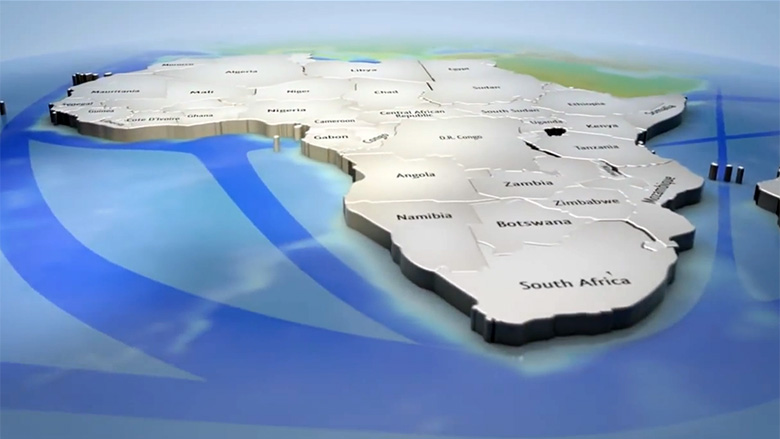WASHINGTON, February 7, 2012 – A World Bank report reviews the nature and impact of barriers to trade to within Africa, and highlights widespread opportunities for African countries to trade goods, services and investments across borders.
While opportunities for cross-border trade within Africa in food products, basic manufactures and services exist, they remain unexploited according to the report, eliminating export diversification and job creation. In addition, the report notes that barriers to regional trade fall most heavily and disproportionately on women and the poor.
Key messages include:
- Effective regional integration is more than simply removing tariffs—it is about addressing on-the-ground constraints that paralyze the daily operations of ordinary producers and traders
- This calls for regulatory reform and, equally important, for capacity building among the institutions that are charged with enforcing the regulations
- The integration agenda must cover services as well as goods. Why? Because services are critical, job-creating inputs into the competitive edge of almost all other activities—think of the role that transport plays in manufacturing
- Simultaneous action is required at both the supra-national and national levels. Regional communities can provide the framework for reform, for example, by bringing together regulators to define harmonized standards or to agree on mutual recognition of the qualification of professionals—imagine the benefits of allowing African doctors, nurses, teacher, engineers and lawyers to practice anywhere in the continent, regardless of the African country they come from. But responsibility for implementation lies with each member country
- The international donors should refocus their efforts toward helping countries understand the political economy behind resistance to integrative reforms. How come leaders publicly and, by and large, genuinely pledge support for integration, but actual barriers to trade remain in place?

